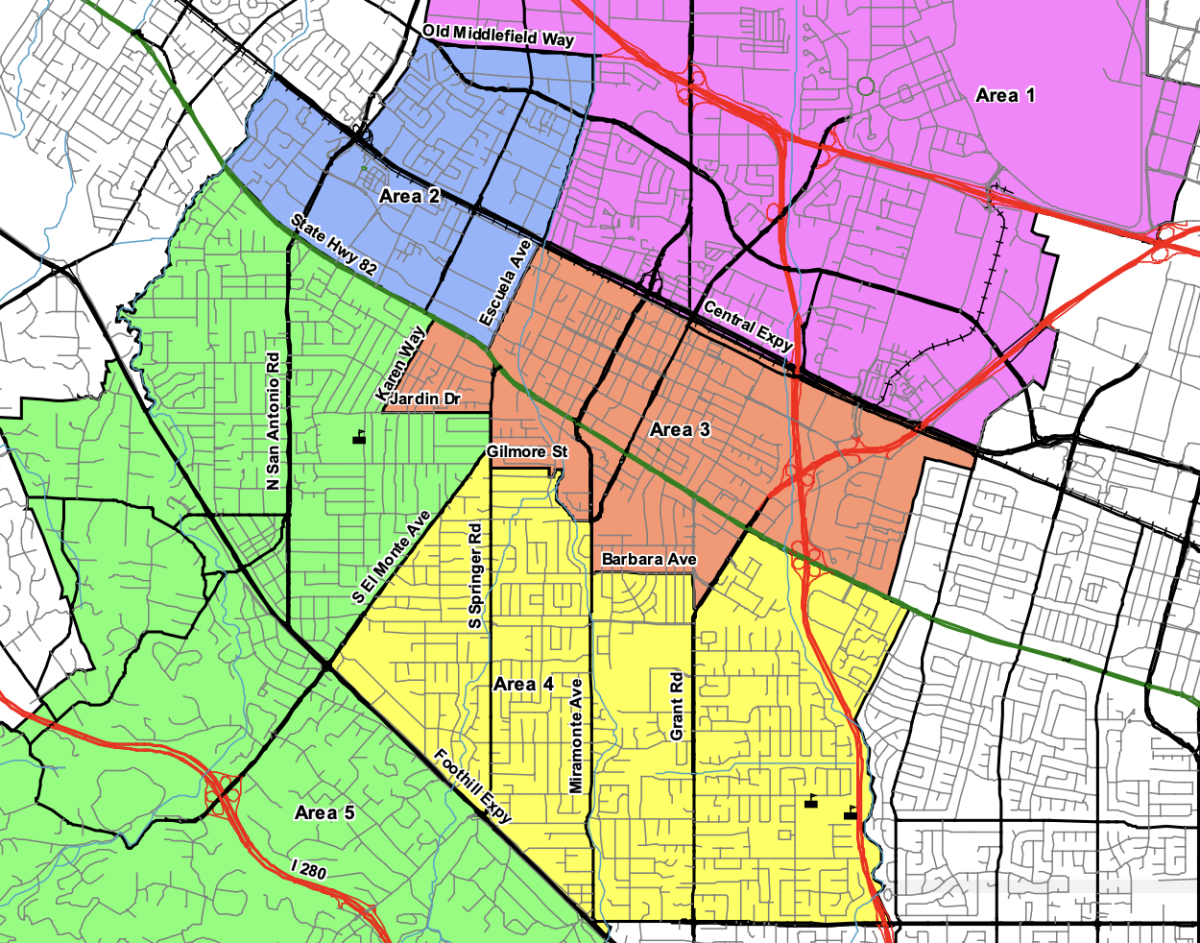1. North Korea
On Labor Day, North Korean officials brought CNN reporters in a van to interview three American detainees in the North Korean capital of Pyongyang. Because the nation is known to conceal its activities and internal workings very closely, North Korea’s public allowance of American media caused many foreign policy experts to hypothesize what North Korea wanted this time. Some believe that it is using the detainees as pawns to persuade the United States to lift unilateral sanctions, a punishment for violating international law multiple times and conducting nuclear tests.
“[North Korea’s] negotiating ploy with the United States is to try to get us to agree to nuclear arms control, to sort of accept them as a nuclear weapons state–which we can’t do,” senior vice president for Asia and Japan chair of the Center for Strategic and International Studies Michael Green said in an interview with CNN.
Regardless of what North Korea’s real intents were this time, the fact remains that three Americans’ futures were at hand. The detainees were Kenneth Bae, Matthew Todd Miller and Jeffrey Edward Fowle, all who have been held in North Korea for different reasons. Bae, a Christian missionary, was accused of plotting a Christian plan to undermine the government, Miller tore up his visa and sought asylum in North Korea, only to now want exit permission, and Fowle confessed to leaving a Bible behind during a tourist trip, considered unacceptable by the North Korean government. On September 14, Miller was sentenced to six years of hard labor and convicted of trying to commit espionage.
As of the press deadline, the result of Fowle’s trials are not yet known, while Bae continues to serve his fifteen-year sentence of hard labor issued in 2013. Though CNN’s five-minute interviews with each of the Americans are minor events, they are part of an ongoing conflict between the United States and North Korea. Ever since 1950, when UN troops entered South Korea to defend against Communist North Korean invaders, the United States has dedicated itself to helping protect South Korean sovereignty, which includes dealing with North Korea.
2. ISIS in Iraq
In June 2014, the Islamic State of Iraq and Syria (ISIS), an al-Qaida spinoff group, moved into Iraq, dissolving borders and persecuting religious minorities. The group continues to commit mass executions, beheadings and rapes in the regions it controls. ISIS has driven millions of people out of their homes in its effort to take over the region and create a state based on radical Islamism. They currently control many cities throughout Iraq and Syria and are attempting to seize others.
In response to ISIS’s advances in Iraq, groups have come forward to defend the country. Kurdistan, a cultural region spanning Turkey, Iraq, Syria and Iran, has gained attention in its battle against ISIS. Kurdish “Peshmerga” fighters have been slowing ISIS’s advances through the country in coordination with US airstrikes, using arms given by the United States, Germany and Iran.
ISIS has used propaganda to influence civilians and has employed social media to influence the rest of the world through online videos of exploding buildings and groups of civilians being mass executed. ISIS has disseminated videos showing the beheading of two American journalists this year: James Foley on August 19 and Steven Sotloff on September 2. On September 13, a video surfaced of British journalist David Haines’ execution. ISIS labeled the killing of Haines as a “message to the allies of America.”
President Barack Obama has vowed to avoid putting boots on the ground, and the United States has not deployed land forces to Iraq. However, the United States did send a rescue mission on August 11 to Iraq’s Mount Sinjar to airlift Yazidi refugees and help them flee from ISIS’s advances. The Yazidi people practice Zoroastrianism, causing them to be a target of ISIS’s religious persecution tactics.
In a speech on September 10, Obama authorized airstrikes on ISIS in Syria and Iraq, which began on September 22.
On September 24, Obama gave a speech at the United Nations declaring, “No grievance justifies these actions. There can be no reasoning – no negotiation – with this brand of evil.”
As of the press deadline, 40 nations have joined in sending the airstrikes to destroy ISIS. Although it is disputed, many people consider the US to currently be at war.
3. Ebola Outbreak in Africa
In summer 2014, a serious outbreak of the Ebola virus disease (EVD) began rapidly infecting those in Central and West Africa. In order to try to control the outbreak, many African governments, such as those in Senegal and the Ivory Coast, have closed their borders, ports and airports. The U.S. has already spent over $100 million trying to aid Liberia, Sierra Leone and Guinea, the countries that have suffered most severely from the epidemic. As of September 25, nearly 3,000 people in Africa have died from the disease, and the death toll is still climbing.
The World Health Organization states that Ebola has an average fatality rate of 50 percent. Symptoms begin with fever and intense weakness, which later graduates to vomiting and possible internal bleeding. The virus is transmitted through contact with the bodily fluids of the infected.
Despite the significantly low odds of survival, a cure through blood transfusion has been shown to be successful. According to USA Today, the first American Ebola patient, Dr. Kent Brantly, received a blood donation from a teenage survivor of Ebola in Liberia and was released from the Emory University Hospital in Atlanta in August.
In addition to blood transfusions for a cure, a report by National Public Radio on September 7 stated that researchers have also begun testing of an EVD vaccine.
The vaccine was injected into rhesus monkeys by researchers, who discovered that the vaccine protected the monkeys from the virus for up to 10 months. After succeeding with the monkeys, they commenced human testing. The trial, which is being conducted at NIH Clinical Center in Bethesda, Maryland, consists of 20 adults being administered different doses of the vaccine. Results will likely surface by the end of the year.
4. Ceasefire in Gaza
The 50-days’ war in the Gaza strip between Hamas, which controls Gaza, and the Israeli military ended in a ceasefire on the evening of August 26, 2014. This has been the third war over the past six years that has taken place in the Gaza Strip, a region of Palestine bordering the Mediterranean. According to The Guardian, more than 2,100 Gaza residents have been killed as of the commencement of the ceasefire. Injuries amounted to 11,000, and 17,000 homes were destroyed.
The conflict first began on July 8, 2014 after the murder of three Israeli teenagers by Palestinians followed by the revenge killing of a Palestinian child, supposedly by Israelis. Israel retaliated by arresting members of Hamas, the Palestinian Islamic group currently in control of the city of Gaza. In response, the Gaza military began to fire rockets into Israel.
After 50 days of war, Palestinian president Mahmoud Abbas announced the ceasefire, and the people of Palestine responded with celebration in the streets. However, neither side gained anything substantial from the truce.
According to Ehab Zahriyeh of Al Jazeera America, Israel will allow the transport of all reconstruction materials across its borders into Gaza on the condition that Israel can check for weapons or any materials that could be used for weaponry.
However, tensions are still high as Israel and Palestine have not settled on other key issues. As of the press deadline, Hamas’ demands for an airport and a seaport in Gaza have not been met. Gaza is still under blockade and siege. These matters are being discussed at a meeting in Cairo, Egypt to settle further terms.














